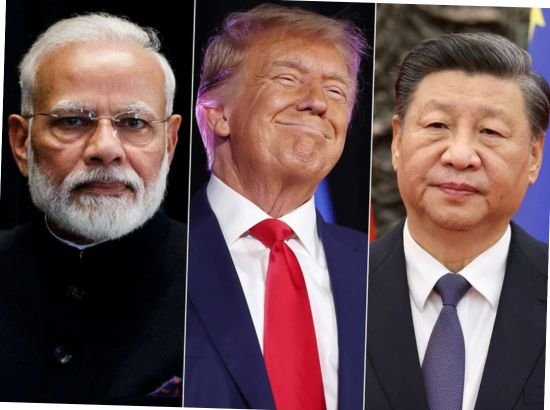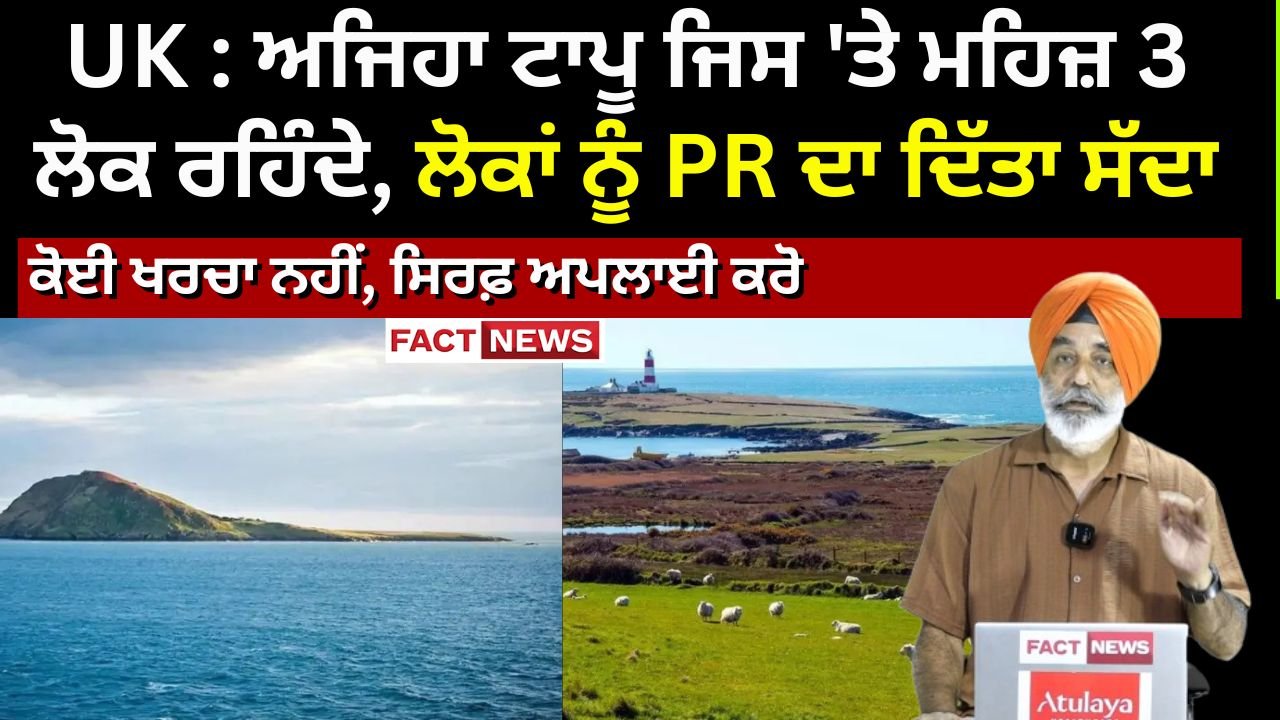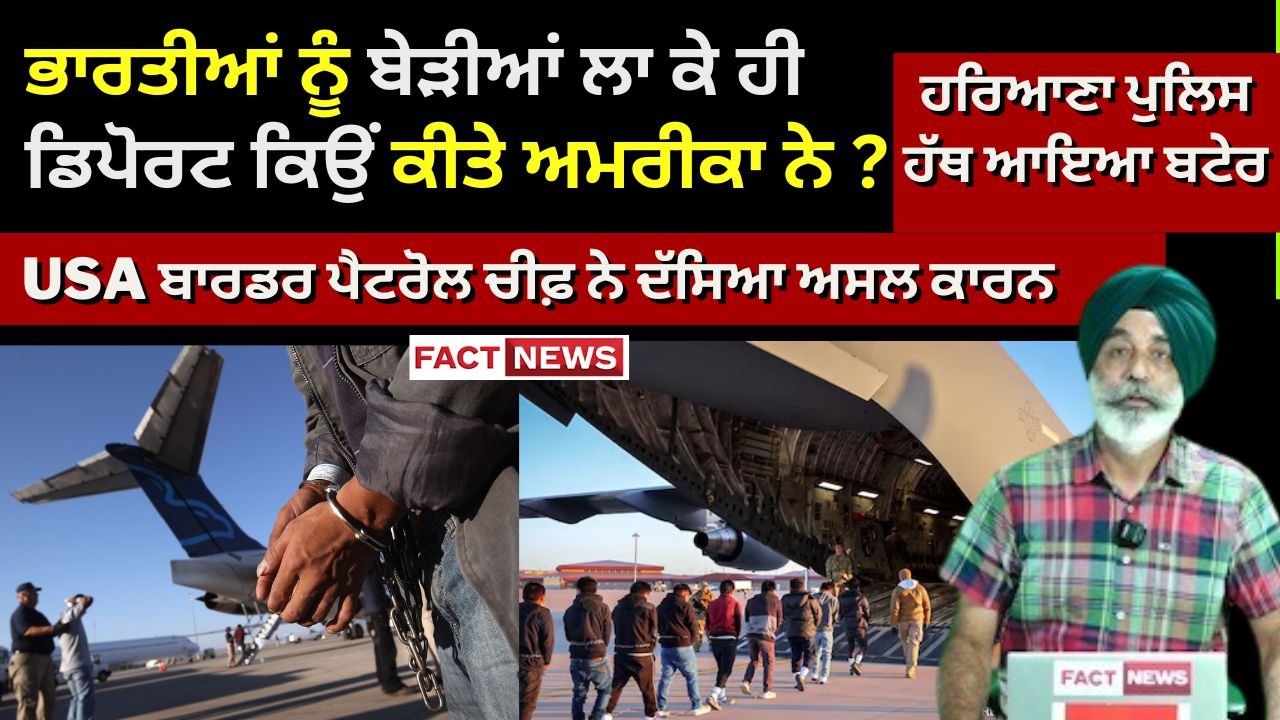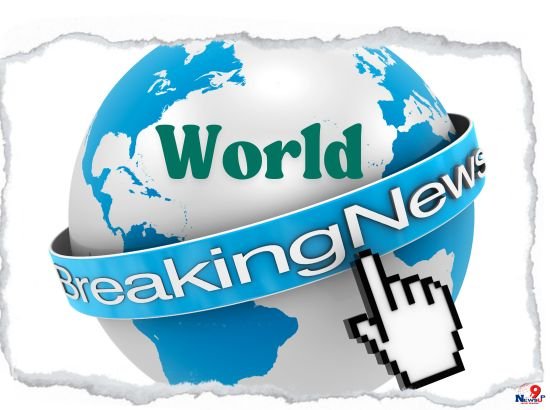Trump Seeks Modi’s Support as U.S. Requests India’s Help in Rare Earth Mineral War Against China
Wednesday, October 15, 2025 | 5:50 AM
Amid escalating tensions between Washington and Beijing, U.S. Treasury Secretary Scott Besant has confirmed that President Donald Trump is counting on Indian Prime Minister Narendra Modi’s cooperation in America’s growing confrontation with China over rare earth minerals. The U.S. has formally reached out to India, Europe, and other Asian democracies to coordinate a collective response to Beijing’s latest export restrictions.
U.S.-China Trade War Intensifies
The long-simmering trade war between the United States and China took a sharper turn this week. On Monday, Besant accused the Chinese government, led by President Xi Jinping, of “provocative economic actions,” calling China’s new export controls on rare earth minerals a direct challenge to the global economy.
“This is China versus the entire world,” Besant told Fox Business. “Their new export restrictions, set to take effect next month, threaten every modern industry. We don’t know why they chose this moment, but we have already responded aggressively.”
He warned that the United States would not allow China to “weaponize” these critical minerals. “They’ve pulled a gun on the entire free world’s supply chain and industrial base,” Besant said. “We will not tolerate that.”
China’s New Export Rules
On October 9, China announced new rules requiring government approval for the export of any product containing more than 0.1% rare earth minerals. The updated regulations add several new elements to the restricted list and completely ban exports for military use by foreign nations.
China currently controls about 70% of the world’s rare earth mining and over 90% of global processing, giving it enormous leverage over industries such as electronics, renewable energy, and defense manufacturing.
Elements like dysprosium are crucial for electric motors, wind turbines, and defense systems. “These materials are used in tiny quantities but are indispensable to every major industrial sector,” Besant emphasized.
Trump’s Counterattack: 100% Additional Tariffs
In a sharp retaliatory move, President Trump announced that the U.S. will impose an additional 100% tariff on Chinese goods starting November 1, bringing total tariffs close to 130%. Trump described China’s approach as “highly aggressive” and vowed to take “strong measures” to protect American industries.
However, just hours later, Trump softened his tone on social media, writing:
“Everything will be fine. President Xi had a bad day. We don’t want to hurt China—we want to help China.”
“China Is Hurting Itself,” Says Besant
According to Besant, Beijing’s export restrictions reflect weakness, not strength. “This move shows their economy is in trouble,” he said. “It’s a Leninist business model—where hurting your customers is somehow seen as good policy.”
He argued that China’s slowing economy is pushing it to rely on exports, but its restrictive approach could backfire disastrously. “This strategy will end up harming China more than anyone else,” he added.
U.S. Building a Global Coalition
Besant stressed that the U.S. is ready to take “every necessary step” to stabilize supply chains and minimize global risks. “We don’t seek isolation; we seek risk reduction. This is not just a U.S.-China issue—it’s China versus the world,” he said.
Trump-Xi Meeting in the Balance
Despite rising hostilities, Besant confirmed that Trump and Xi are expected to meet later this month in South Korea, though the schedule remains flexible depending on geopolitical developments. In the meantime, American and Chinese officials are slated to hold preliminary talks in Washington during the upcoming IMF and World Bank meetings.
The coming weeks will determine whether the two nations can de-escalate tensions—or whether the trade confrontation expands into an even broader economic conflict.
























